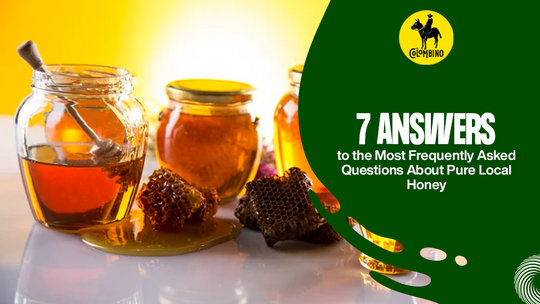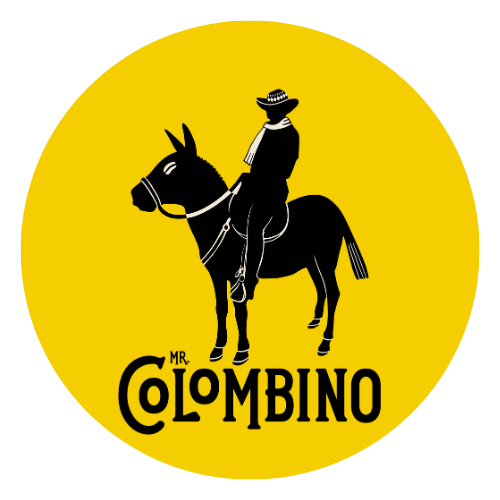7 answers to the most frequently asked questions about pure local honey

Although you can just buy pure local honey in Pittsburgh, Pennsylvania, is it essential to know more about honey and bees, especially if you want to make your own observation.
There are several important things you should know, for instance, how the surface of the honey container appears. You should also know that bubbles form during the extraction process in honey and can be removed from the combs. However, these bubbles often move to the surface where it is easy to remove after 24 hours of rest.
Bubbles can also form in cases where the honey is removed too early from the hive, causing it to ferment due to excess moisture. If it appears to have a thick foam layer, then you should consider other options. However, if the beekeeper lacks the patience to allow the extracted honey to settle after 24 hours, or wait till the bees finish curing the honey, you may have a risky purchase.
Below we will look at seven answers to the most important frequently asked questions about pure local honey.
Are you a beekeeper?
Before you purchase honey processed in Pittsburgh, Pennsylvania, you should find out if the person you are buying from is a beekeeper, because the honey industry is made of two main categories: packers and producers.
Here, producers refer to businesses and people who own bee hives that produce the honey they sell. On the other hand, packers refer to people who buy honey, fill it in jars, and take it to the farmer’s market. Most packers know nothing about where the honey is coming from. We recommend that you buy pure local honey from Pittsburgh Pennsylvania from beekeepers.
Is this your honey?
Just as we discussed previously, it is important that you buy honey from someone who is skilled in selling unadulterated, pure honey rather than someone who sells a commodity.
Do you blend your honey?
To increase efficiency in inventory and extraction, most beekeepers blend their honey. This is not beneficial to anyone who wants to buy pure local honey in Pittsburgh Pennsylvania. Therefore, you may need to avoid blended honey.
How local is your honey?
Local honey refers to honey not gotten from your state, but your town or neighboring town.
How well do you treat your hives?
Most commercial beekeepers use chemicals to control small hive beetles, varroa mites and American foulbrood disease.
Do you filter your honey?
To filter honey, beekeepers drain the wax cappings from their honey, while others use microfiltration. This cleans the honey perfectly and removes pollen, wax and any other impurities.
Do you heat your honey?
It is important for beekeepers to heat their honey so it can flow through filters, fillers, tubing and other containers freely.
Conclusion
The above-mentioned answers will guide you to get the best honey in Pittsburgh Pennsylvania.
